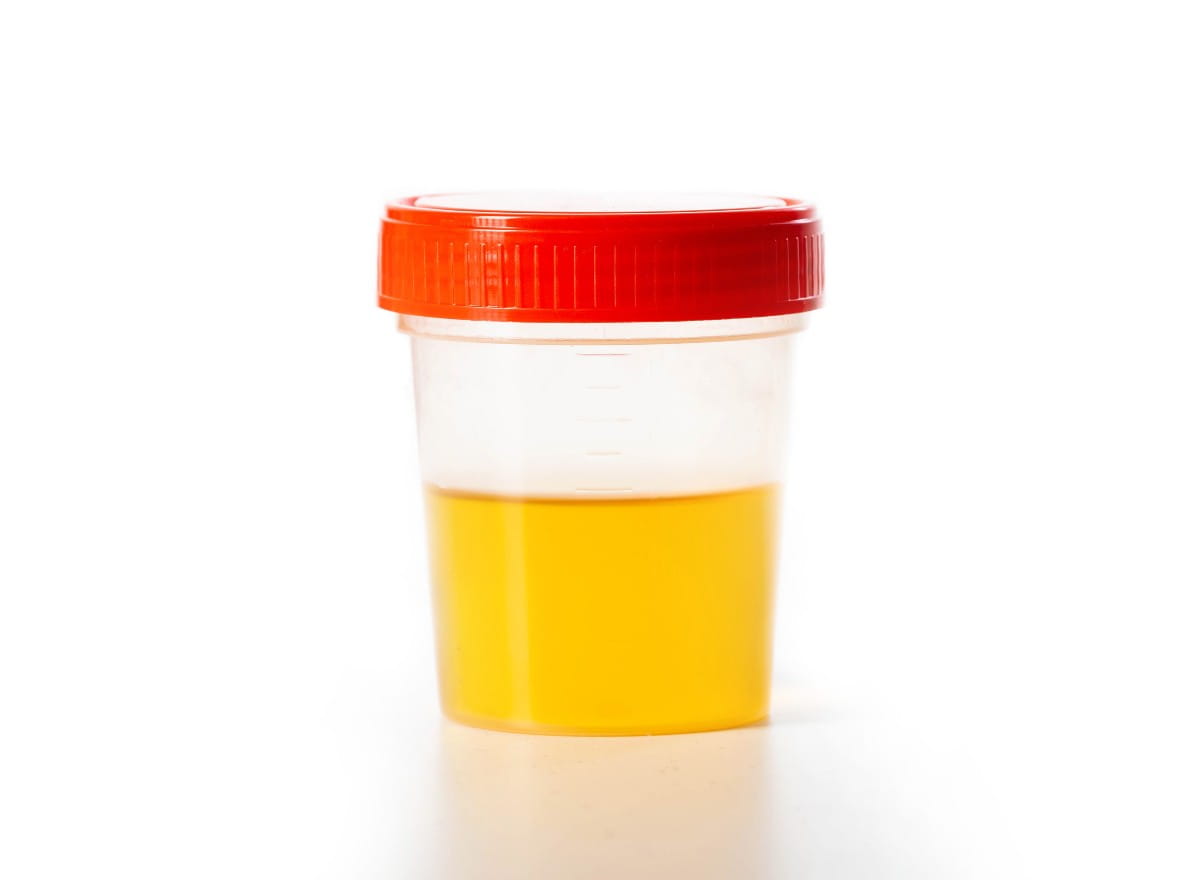Benign prostate hyperplasia is when a man’s prostate gland becomes enlarged. This condition is not cancerous, and it does not increase a man’s risk of developing prostate cancer. It is also called benign prostate hypertrophy.
“BPH is a very common condition among older men,” explains Timothy Powell, M.D., urologist with Riverside Health. “However, just because it’s common doesn’t mean that men should live with its uncomfortable and inconvenient symptoms.”
What causes BPH?
Researchers aren’t completely sure what causes BPH, but it tends to affect older men. In fact, BPH affects about 50 percent of men between ages 51 and 60 and up to 90 percent of men older than 90, according to the National Institutes of Health.
One theory about what causes BPH involves changing sex hormones as men age. Some scientists believe that an enlarged prostate may be caused by higher levels of estrogen or lower levels of a male hormone called dihydrotestosterone, more commonly called DHT.
What are the signs of BPH?
When the prostate becomes enlarged, it presses against the urethra (a narrow tube that carries urine from the bladder and out of the body). The bladder wall also becomes thicker. This pressure and thickening can lead to some of the most common signs of BPH – lower urinary symptoms, such as incontinence. NIH estimates that as many as 14 million men in the U.S. experience symptoms of an enlarged prostate.
BPH signs may include:
- Urinary frequency (the need to urinate eight or more times a day)
- Urinary urgency (the inability to delay urinating)
- Urinary retention (inability to completely empty the bladder)
- Urinary incontinence (accidental loss of urine)
- Trouble starting to urinate
- Weak or interrupted urine stream
- Dribbling at the end of urination
- Urinating during sleep
- Pain during urination
- Pain after ejaculation
- Unusual color or smell to urine
“If you or a loved one are experiencing symptoms of an enlarged prostate, it’s important to get it checked out by your primary care provider,” says Dr. Powell. “BPH should be treated to help you feel more comfortable, and you need to rule out any other health conditions that may be causing your symptoms, including prostate cancer.”
How is BPH treated?
Your health provider will work with you to create a treatment plan for your enlarged prostate based on the size of your prostate and the severity of your symptoms. If you have mild symptoms, you may be able to manage them through lifestyle changes, such as:
- Limiting fluids, particularly before going to sleep or out in public
- Reducing caffeine and alcohol intake
- Monitoring use of certain medications, such as decongestants, antihistamines, antidepressants and diuretics
- Training your bladder to hold more urine for longer periods of time
Your doctor may also recommend medication to help manage the symptoms of BPH, including urinary issues. Medication can also help shrink the prostate size.
Surgery may be an option if:
- Symptoms are moderate to severe and significantly impact daily life
- Medication and lifestyle changes don’t relieve your symptoms
- You have bladder stones, kidney problems, blood in urine or a urinary tract obstruction
“Your health provider will help explain each treatment option and, together, find a path that’s right for you,” adds Dr. Powell.
Talk to your doctor about any symptoms you’re experiencing and be sure to get regular prostate cancer screenings. You can also learn more about the urology specialists on our team.



